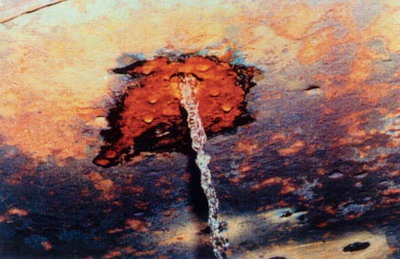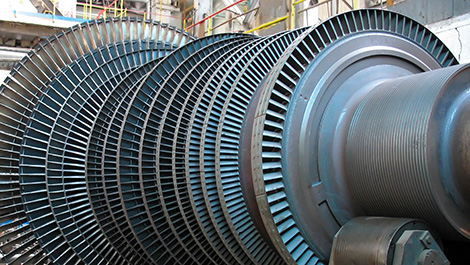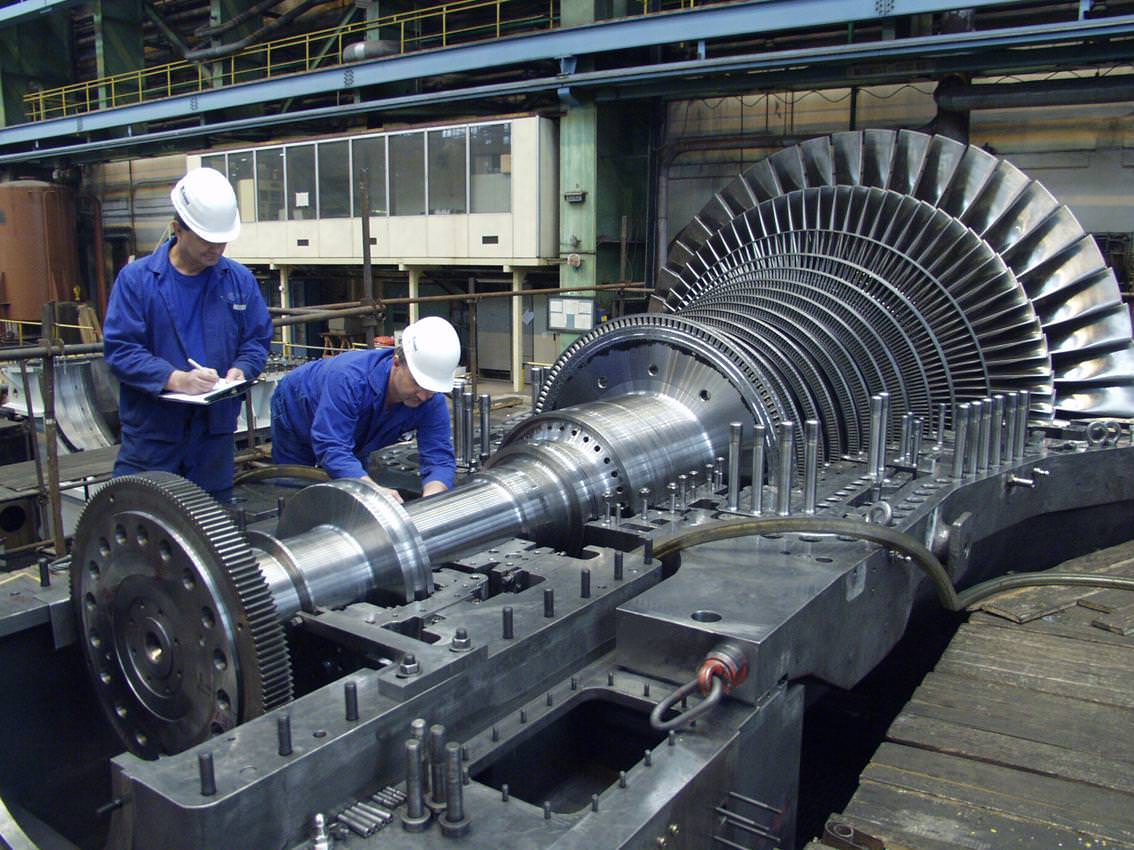

By the end of this course delegates will be able to:
Corrosion Control Engineers & Personnel, Process Engineers, Metallurgists, Inspection Personnel, Mechanical Engineers, Material Selection Personnel, Plant Contractors, Operations Engineers, Team Leaders & Supervisors, Maintenance Supervisors, Senior Plant Supervisors, Mechanical Engineers, Corrosion Control & Monitoring Systems Personnel, Oil and Gas Production Facilities Personnel, Chemists, Chemical Engineers, Technicians and Supervisors, New Petroleum Engineers, Asset Management Personnel, Design & Construction Engineers, Team Leaders & Coordinators, Construction Coordinators, Maintenance Engineers, Technologists, Maintenance Team Leaders & Engineers, Personnel who are / will be responsible for detecting, inspecting, monitoring, controlling corrosion in oil and gas piping, pipelines used in production operations and Personnel responsible for metallurgy, corrosion or the prevention of failures in plant and equipment.
This interactive Training will be highly interactive, with opportunities to advance your opinions and ideas and will include;
CDGA attendance certificate will be issued to all attendees completing minimum of 75% of the total course duration.
| Code | Date | Venue | Fees | Register |
|---|---|---|---|---|
| PE109-01 | 29-03-2026 | Dubai | USD 5450 | |
| PE109-02 | 28-06-2026 | Muscat | USD 5450 | |
| PE109-03 | 27-09-2026 | Manama | USD 5450 | |
| PE109-04 | 27-12-2026 | Amman | USD 5450 |

Corrosion is the primary means by which metals deteriorate. Most metals corrode on contact with water (and moisture in the air), acids, bases, salts, oils, aggressive metal polishes, and other solid a ...

Corrosion problems have always presented a severe challenge to oil and gas producing operations. Operators plan for long periods of continuous production with maintenance schedules for the prescribed ...
Providing services with a high quality that are satisfying the requirements
Appling the specifications and legalizations to ensure the quality of service.
Best utilization of resources for continually improving the business activities.
CDGA keen to selects highly technical instructors based on professional field experience
Since CDGA was established, it considered a training partner for world class oil & gas institution
3012, Block 3, 30 Euro Business Park, Little Island, Co. Cork, T45 V220, Ireland
Mon to Fri 09:00 AM to 06:00 PM
Contact Us anytime!
Request Info